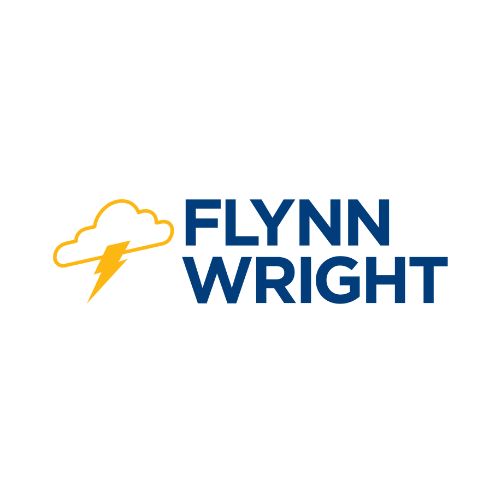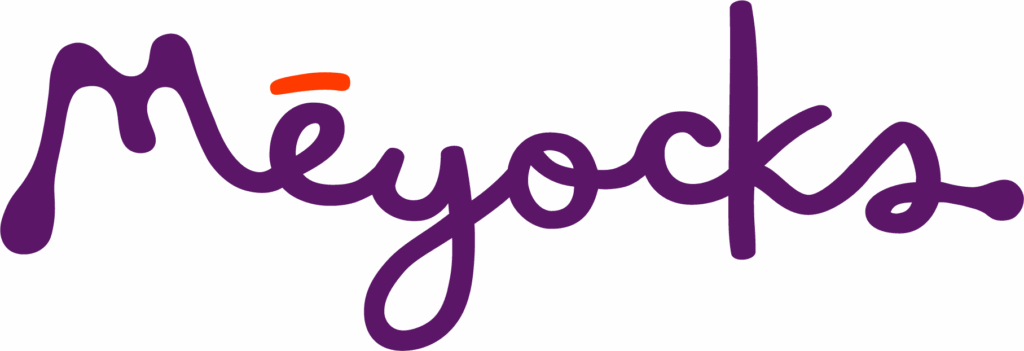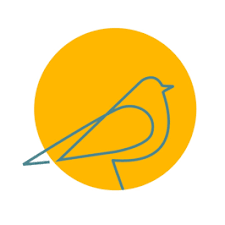McLellan: Is Facebook passé?

For the last two weeks, we’ve been exploring the findings from the Edison research report “The Infinite Dial 2019.” “The Infinite Dial “is the longest-running survey of digital media consumer behavior in the U.S. and tracks mobile behaviors, internet radio, podcasting, social media and smart speaker usage, among other channels.
Some of the more noteworthy stats were focused on Facebook. If you remember, the study showed that:
- The number of users of Facebook continues to drop. The research shows an estimated 15 million fewer users of Facebook than in the 2017 report. The declines are heavily concentrated among younger people, although every age and demographic group studied showed some level of decline.
- Facebook is still the most heavily used and recognized social media platform, with Instagram coming in a distant second with 39% of the population using it, versus Facebook’s 61%.
Facebook has certainly lost many people’s confidence. The social media channel has survived some significant scrutiny and criticism in the past year. There was all the “fake news” buzz, and there’s also been quite a bit of attention on Facebook’s ability to serve users up to advertisers and the data those advertisers could use to target their ads more effectively. The data breaches, GDPR (Europe’s General Data Privatization Regulations), and other newly adopted state privacy laws are forcing Facebook to tighten up how advertisers can build ad profiles.
I think it’s more than that, however. The tone of Facebook is shifting. More people are vocal about their polarizing positions on any and every issue, and we seemed to have lost our ability to have a civilized disagreement, let alone a civilized conversation. We see more people taking a “social media sabbatical,” and some of those people never come back.
As the media channels continue to fragment, I believe it’s going to be more challenging for any of them to be viable for an extended period. Think of all the social channels you’ve explored, from Second Life to Snapchat (also on a rapid decline) to Vine, and let’s not forget Google Plus. If Google can’t make it work every time, no one can. It might just be that Facebook hit its peak in 2017 and is now in a slow decline.
And yet it’s still the kingpin of social media, with significantly more users than any other channel. So don’t give up on it too soon. It will go away eventually, but not today. Facebook, despite its recent changes, is still one of the most effective platforms for targeted ads, creating and building a community, and bringing like-minded people together.
To be successful on Facebook today, you need to think small. It’s not one big audience. It’s 50 to 100 micro audiences, and each micro audience shares a common interest. Identify 10 key segments of your prospective audience and create content and ads aimed right at their heart. As you narrow your ad’s focus, the cost per thousand impressions is going to rise, but that’s fine because your conversion is going to go up as well.
One of the best aspects of Facebook ads isn’t new in 2019. It’s your ability to experiment. Because the spend is reasonably small, you should test different ad types, offers, headlines and calls to action to see which ones connect with your audience.
Retargeting your website’s visitors so that your ads show up in their Facebook feed is an often overlooked and underused tool. These aren’t strangers; these are people who have already been checking you out. You’ll be pleasantly surprised by the results.
At this point, Facebook’s user decline is worth noting, but it’s not worth abandoning the platform. Facebook may have fewer users, but it’s still fertile ground for most marketers and will be for some time.










